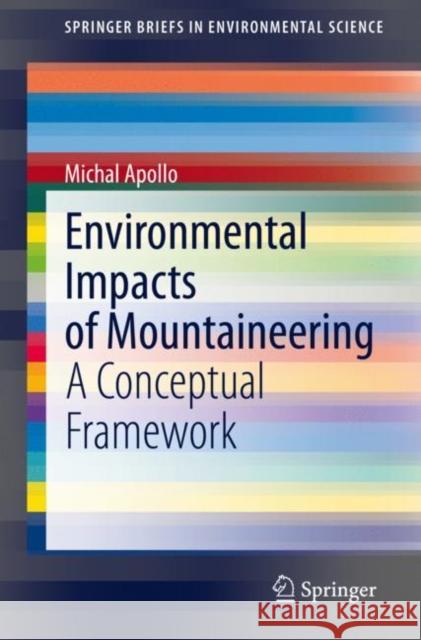Environmental Impacts of Mountaineering: A Conceptual Framework » książka
topmenu
Environmental Impacts of Mountaineering: A Conceptual Framework
ISBN-13: 9783030726669 / Angielski / Miękka / 2021 / 63 str.
Kategorie:
Kategorie BISAC:
Wydawca:
Springer
Seria wydawnicza:
Język:
Angielski
ISBN-13:
9783030726669
Rok wydania:
2021
Wydanie:
2021
Numer serii:
000416842
Ilość stron:
63
Waga:
0.14 kg
Wymiary:
23.37 x 19.56 x 0.51
Oprawa:
Miękka
Wolumenów:
01











